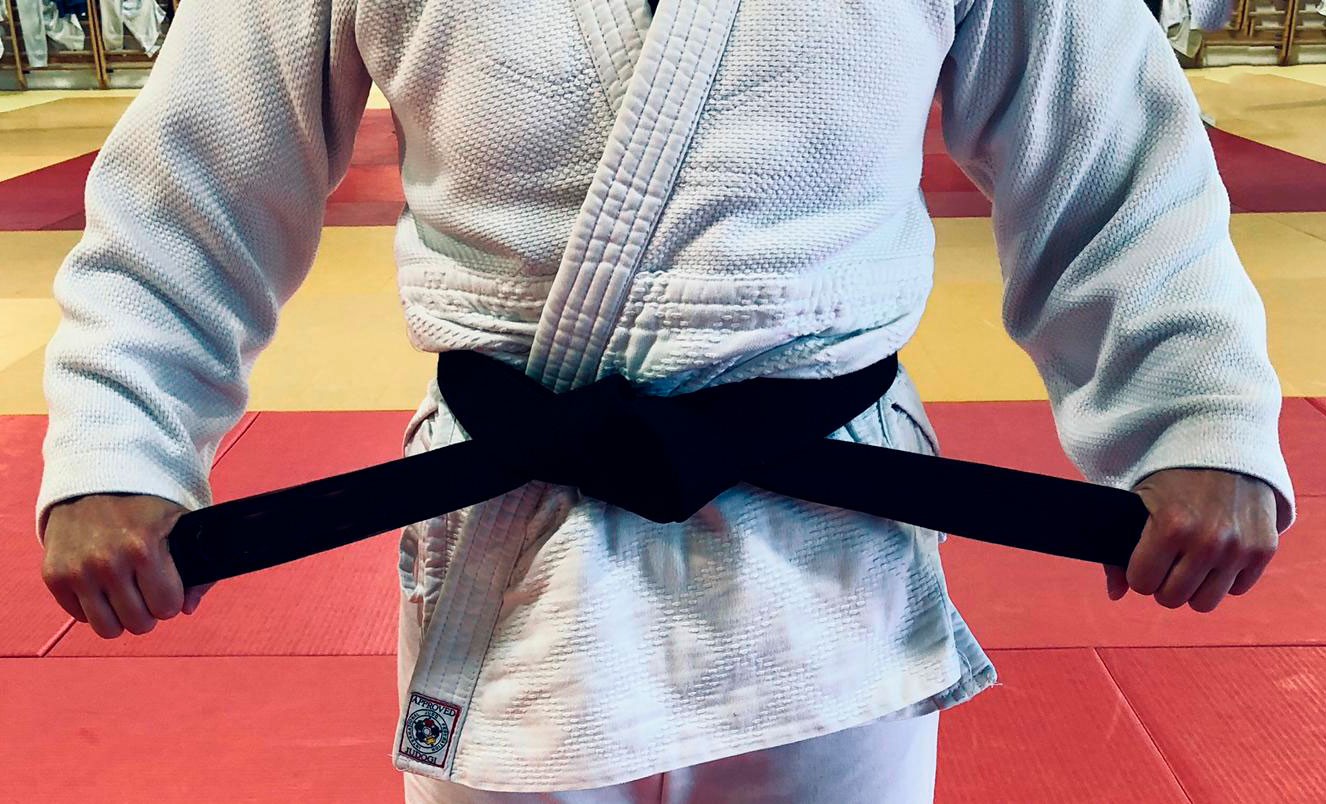It can be a motivator, but it isn't for quite a few. How do I know? There are a lot of systems that don't use them, yet manage to get plenty of students (boxing, most MMA gyms, big swaths of CMA). Sure, some of us (myself included) were motivated down the path by progression in ranks, but when I started training, I didn't have a BB in my sights. Not even when I started training in the style I stayed in for decades.
I don't even think it's reasonable to say it's a motivator for all. I've known people who never bothered to test for BB, because the test (time, commitment, and sometimes money) wasn't worth the payoff, though they could readilyt have passed it (others around them knew they were more skilled and knowledgeable than fresh BB's).

